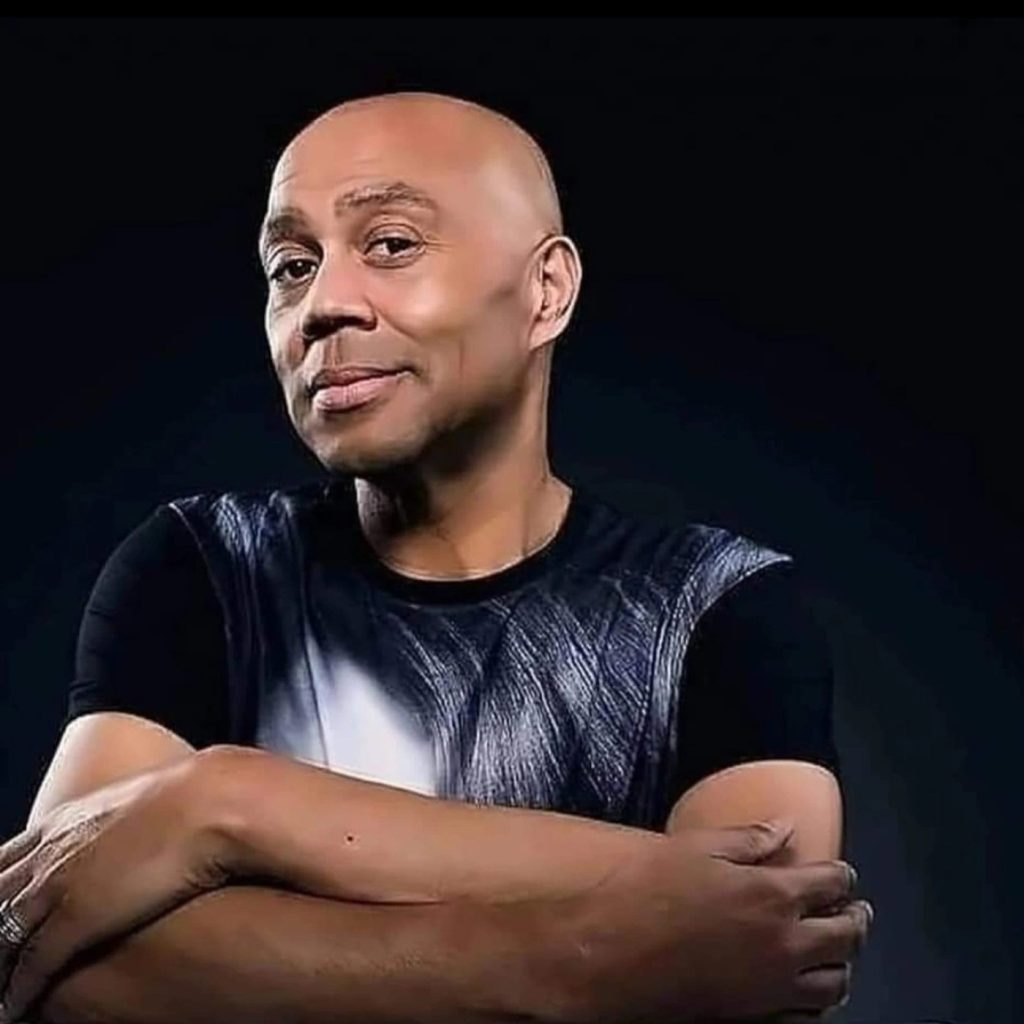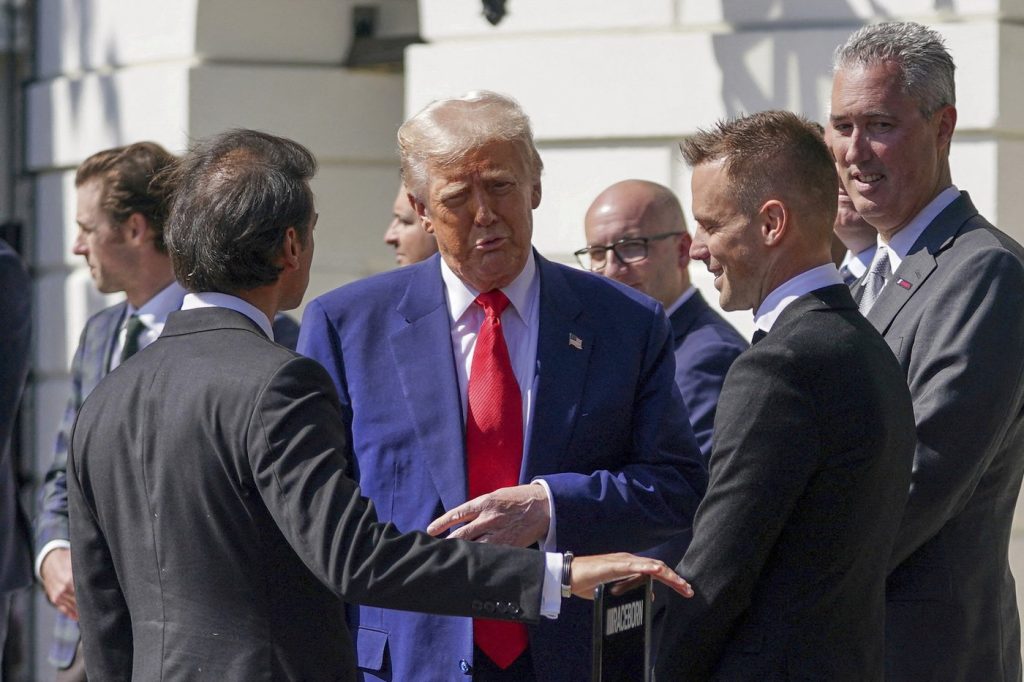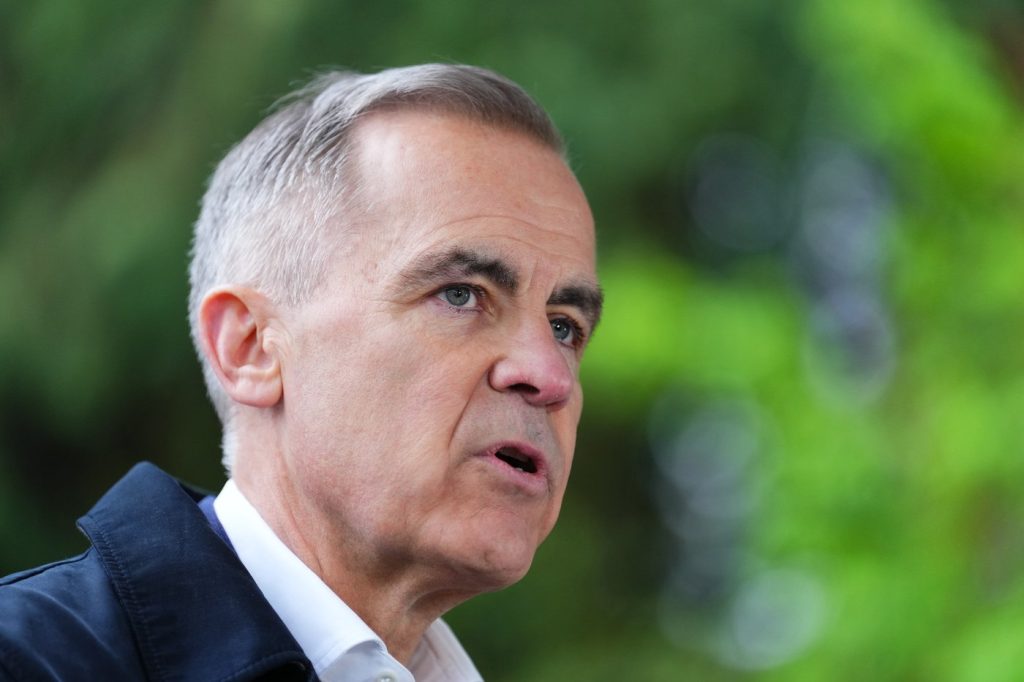Hockey Canada summit to tackle sexism, gender-based violence, homophobia, transphobia

Posted Nov 13, 2024 08:00:06 AM.
Last Updated Nov 13, 2024 08:02:00 AM.
You can play the game hard and also be respectful of differences is the message Normand Hector wants to send at Hockey Canada’s second Beyond The Boards summit.
Hector is Thursday’s keynote speaker kicking off a two-day summit in Ottawa about unhealthy outcomes in hockey culture.
Hector is a gay, Black man from Saint John, N.B., whose drag persona “Normani” performed at the 2022 Memorial Cup and at a Pride Night hosted by the Quebec Maritimes Junior Hockey League’s Saint John Sea Dogs earlier that season.
Hockey New Brunswick also recruited Hector three years ago to speak to players, coaches and families about how to create a respectful hockey culture. Hector does not lead those seminars in his drag persona.
“I come from a very diverse background,” Hector said. “I’m very blessed and very fortunate to have this opportunity to educate, but also try to change mindsets of people within a sport that have never had somebody like me in front of them.
“It’s important that my story, along with other disruptors within the sports arena, and I say disruptors in a positive way, their voice is heard.
“I really want my message to be what I’ve been discovering while I’m in the weeds, while I’m out there with the players, the coaches and the families. I want to share the powerful stories from the players, coaches and families that are helping shape hockey today.”
The first Hockey Canada summit in Calgary in September, 2023 tackled toxic masculinity in elite men’s hockey.
Hockey Canada came under pressure to change the sport’s culture in the wake of allegations of sexual assault by members of the national junior men’s hockey team at a 2018 gala in London, Ont.
Those allegations have yet to be proven in court. Five players, all who went on to play in the NHL, go before a jury trial next year.
Revelations in 2022 that Hockey Canada used a portion of minor hockey fees to settle lawsuits in other similar cases ignited a firestorm that illuminated other issues such as racism, hazing, discrimination and homophobia, and cost the organization money in lost sponsorship.
The first summit in Calgary was held during Katherine Henderson’s first week in the job as Hockey Canada’s president and chief executive officer.
“Last year’s event was eye-opening for all of us and reinforced that there is still so much work to be done, which is a challenge we take very seriously,” Henderson said in a statement.
The Ottawa summit includes longtime NHL executive Brian Burke, Olympic champion swimmer Mark Tewksbury and transgender athlete Harrison Browne among panellists for the topics of sexism and gender-based violence, homophobia and transphobia in hockey.
When Hockey New Brunswick began tracking on-ice discrimination complaints four years ago, the number was higher than expected, said executive director Nic Jansen.
Hector was already speaking in schools about respect and inclusion at that time. HNB’s target audience for Hector’s work is players from the U13 leagues (age 11-12) up to U18, their coaches and families.
“It’s a PowerPoint presentation, but it is very engaging where he talks about things like why diversity matters, and he talks about some of his own experiences,” Jansen said. “He talks about the damage that can be done with discriminatory terms, whether it be homophobic, racial, different terms as defined by Hockey Canada.
“Then he tries to open it up the discussion. He gets players talking about some things maybe they’ve said that they shouldn’t have and some of the things that may have been said to them.
“One thing that really sets Normand apart is just his ability to get to get the teenagers engaged in the presentation and to keep them interested for typically the 50 to 60 minutes that he’s talking to them.”
Hector says he’s seen change since he began working in the hockey community.
“Here’s how I know: first and foremost, it’s from the amount of questions that I get during my presentation,” he explained. “My presentations are very much an open book. I don’t hide who I am. I don’t hide what I do. It’s evident they can see what colour I am. I allow them to ask me questions in a safe environment, but a respectful environment.
“When I’m talking to them, it’s really making sure they understand, you can still play the game hard. Doesn’t mean that you have to be disrespectful to players, doesn’t mean you have to be disrespectful to somebody that is different.”
This report by The Canadian Press was first published Nov. 13, 2024.
Donna Spencer, The Canadian Press








